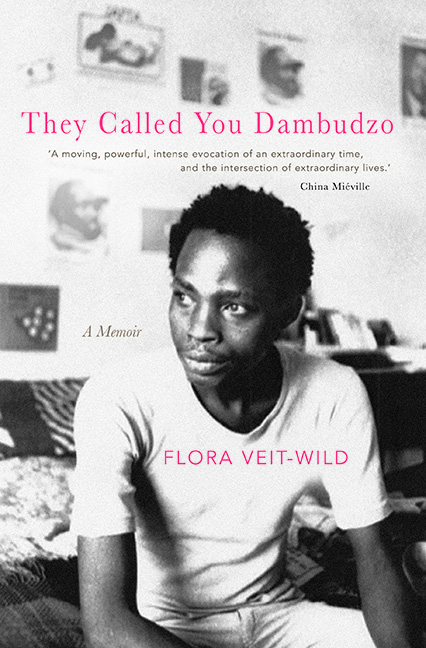Escape from the House of Hunger
Published online by Cambridge University Press: 26 May 2022
Summary
DAMBUDZO, CHILD OF SORROW, your mother was so proud of you.
At five and a half you were chased away from school because you were too little. But you went back. You always wanted books, she said. You always wanted to write. Panguva yega yega ainge achingonyora.
Your family lived in a two-roomed shack in Vengere near the town of Rusape, in what was still the colony of Southern Rhodesia. You had two elder brothers, and six more siblings were to follow.
You were baptised Charles William in an Anglican church. It was only when you became a published writer that you reclaimed your Shona name.
Your father was first a lorry driver, then a mortuary attendant. A violent man. He spent most of his meagre salary in the beer hall and often came home drunk, beating up anyone who got in his way.
Your mother crossed the railway line to the suburbs where the white people lived. She washed their dirty clothes and cared for their children. She did whatever she could so that you and your siblings could go to school, so that you had food to eat.
No wonder, many years later, you called your first book The House of Hunger .
‘I got my things and left,’ it famously begins. ‘I couldn't have stayed on in that House of Hunger where every morsel of sanity was snatched from you the way some kinds of bird snatch food from the very mouths of babes.’
But even as a child you found a way to escape. ‘I was mesmerised by books at a very early age,’ you wrote in Mindblast.
I found my first one – Arthur Mee's Children's Encyclopaedia – at the local rubbish dump where the garbage from the white side of town was dumped every day, except Sundays. You never knew what you’d find in that rubbish dump. Broken toys, half eaten sandwiches; comics, magazines, books. One brilliant morning I found what I thought was a rather large doll. But in touching it, I discovered it was a baby. Dead. Rotting. I fled as fast as I could to the safety and razor fights of the ghetto. I read that encyclopaedia from cover to cover.
- Type
- Chapter
- Information
- They Called You DambudzoA Memoir, pp. 9 - 17Publisher: Boydell & BrewerPrint publication year: 2022



